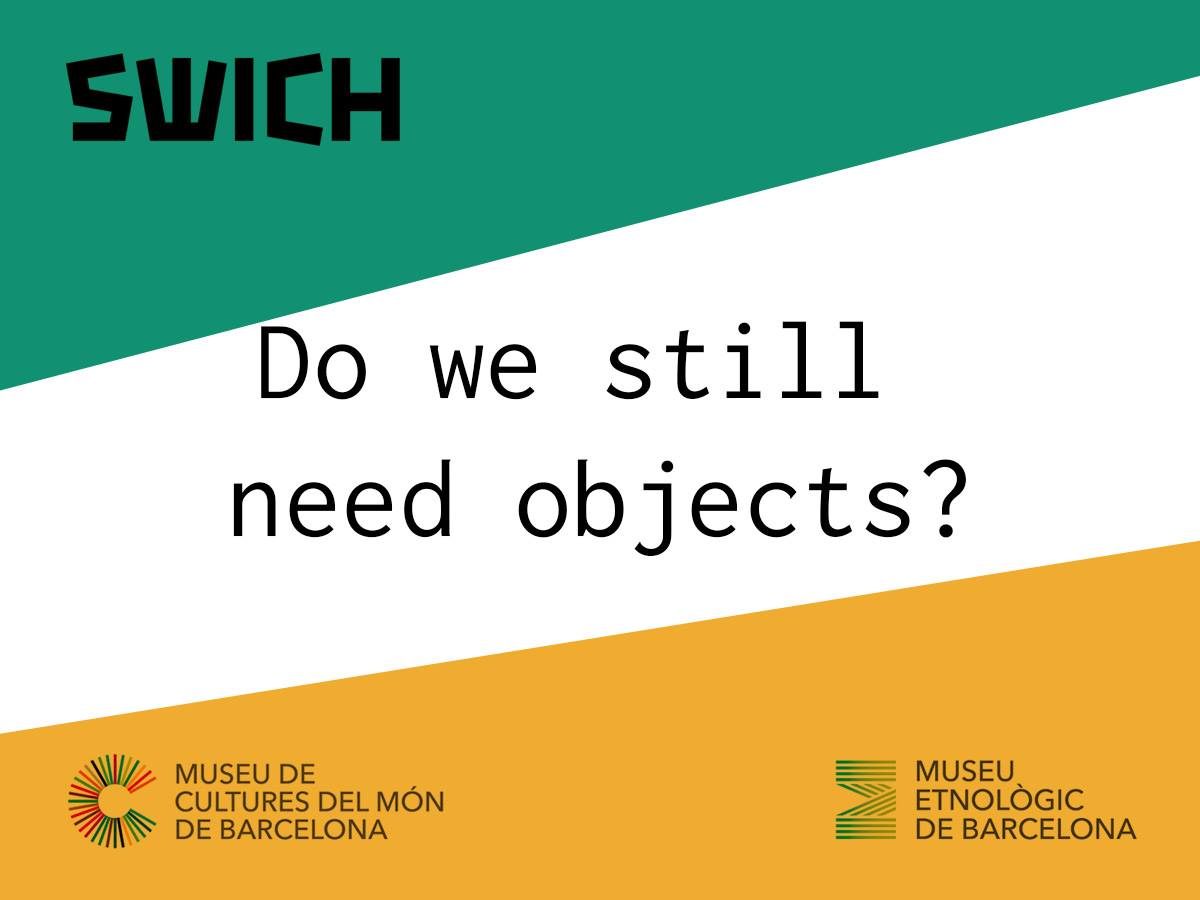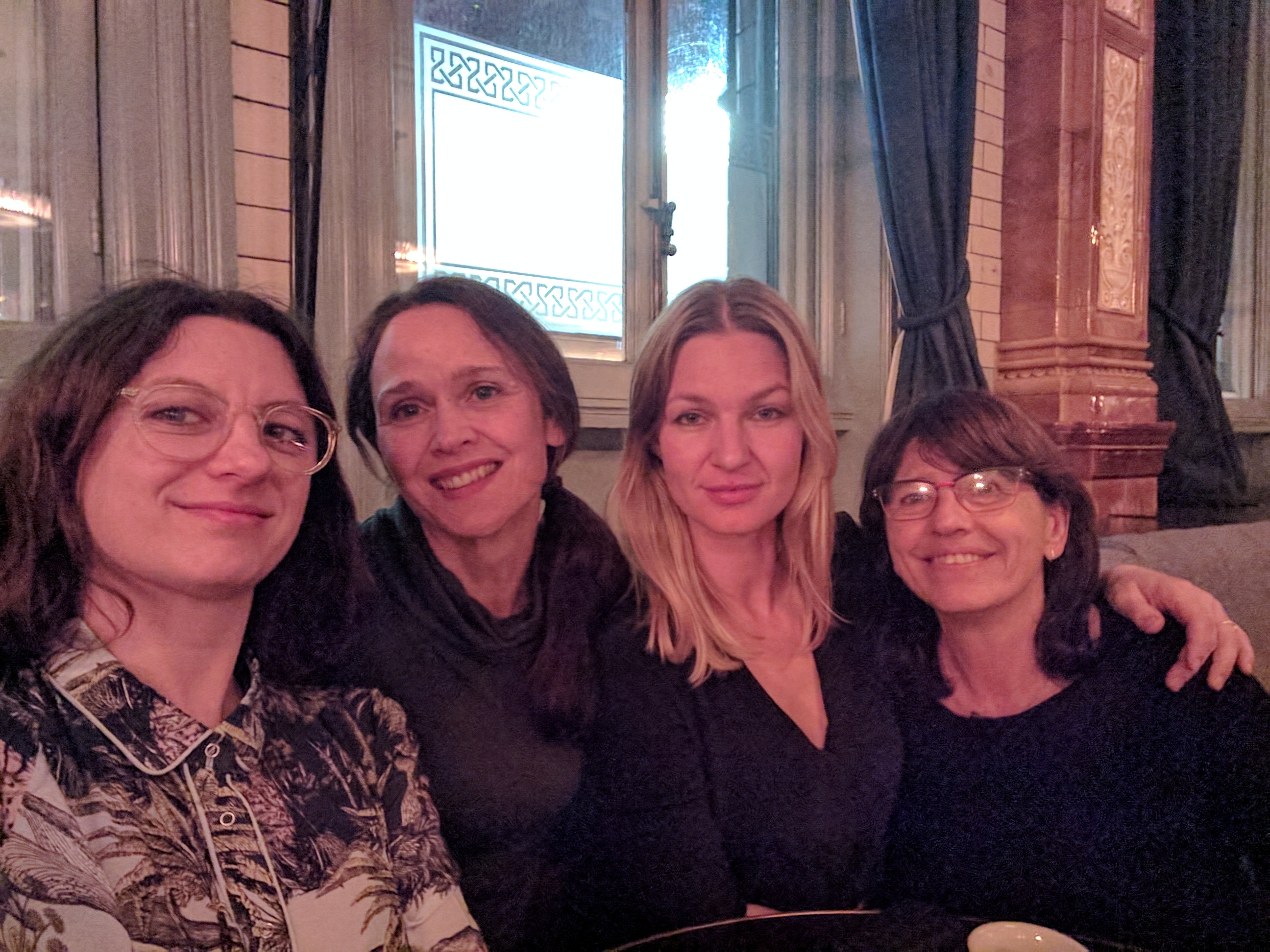Rosen Bogdanov presented a paper with the title “Openness in the material practices and performances of biohackers” at the annual conference of the Society for Social Studies of Science – 4S/EASST Barcelona 2016 [in the track “Open Science in Practice”].
There, he looked in-depth at the construction of a digital microfluidics device as a peculiar take on open science issues, by different biohacking and do-it-yourself biology groups. The analysis came out of an ethnography of European biohackers at several events and spaces, and discussed how openness is both, constructed, and practiced in normative and material terms through the cases of the “Bio-commons” license and the “Digital biology society”.
What distinguishes biohackers from the current workings of open science is their particular framing of openness as exogenous and subversive to traditional scientific practices, and the building of legal and organizational infrastructures that underline such a framework. In particular, the biohackers’ take on digital microfluidics is enacted as a question on the open governance of possible futures in biology, whereby entire ecosystems are engineered or automated on digital artefacts and platforms.






